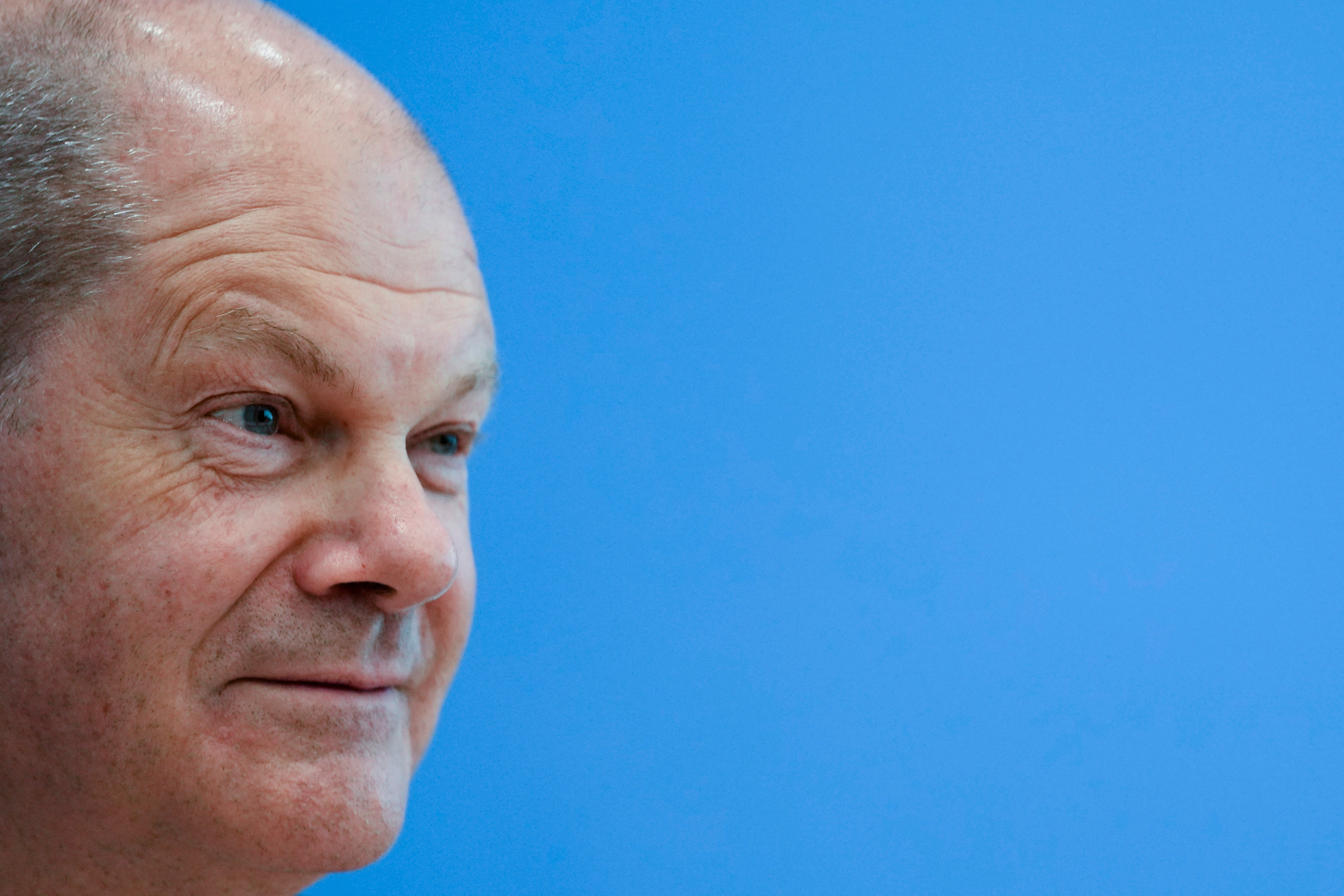German Cabinet OKs 2022 budget plan with more new debt
Germany’s Cabinet has approved plans for a 2022 budget that foresee an increase in new debt as spending on health and fighting climate change rises

Germany's Cabinet on Wednesday approved plans for a 2022 budget that foresee an increase in new debt as spending on health and fighting climate change rises.
The government plans to spend 443 billion euros ($528 billion) next year, down from 547.7 billion euros this year but higher than the 419.8 billion euros planned in a first draft in March.
Finance Minister Olaf Scholz's latest plan calls for new borrowing of 99.7 billion euros next year. That's down from 240.2 billion euros this year, but more than the 81.5 billion euros originally foreseen.
Scholz said Germany is investing strongly in “social cohesion” and “a strong, future-oriented and climate-friendly economy.”
The budget plan may change again, though, since it will need approval from the new parliament that emerges from a Sept. 26 election.
It's hard to predict what combination of parties will form the next governing coalition. Center-right Chancellor Angela Merkel is not seeking re-election. Scholz, a center-left Social Democrat, is one of the candidates to replace her. After six years in the black, Germany resorted to running up new debt in 2020 to help cover the cost of support and stimulus packages in the pandemic and an expected shortfall in tax revenue.
The country’s so-called debt brake was suspended to allow up to 217.8 billion euros in new borrowing last year. Eventually, Germany borrowed only 130.5 billion euros. The economy suffered less badly than expected, contracting by 4.9% — still a better outcome than in several other European countries.
The debt brake, introduced a decade ago, allows new borrowing to the tune of only 0.35% of annual gross domestic product. It can be suspended to deal with natural disasters or other emergencies that are out of the state’s control.